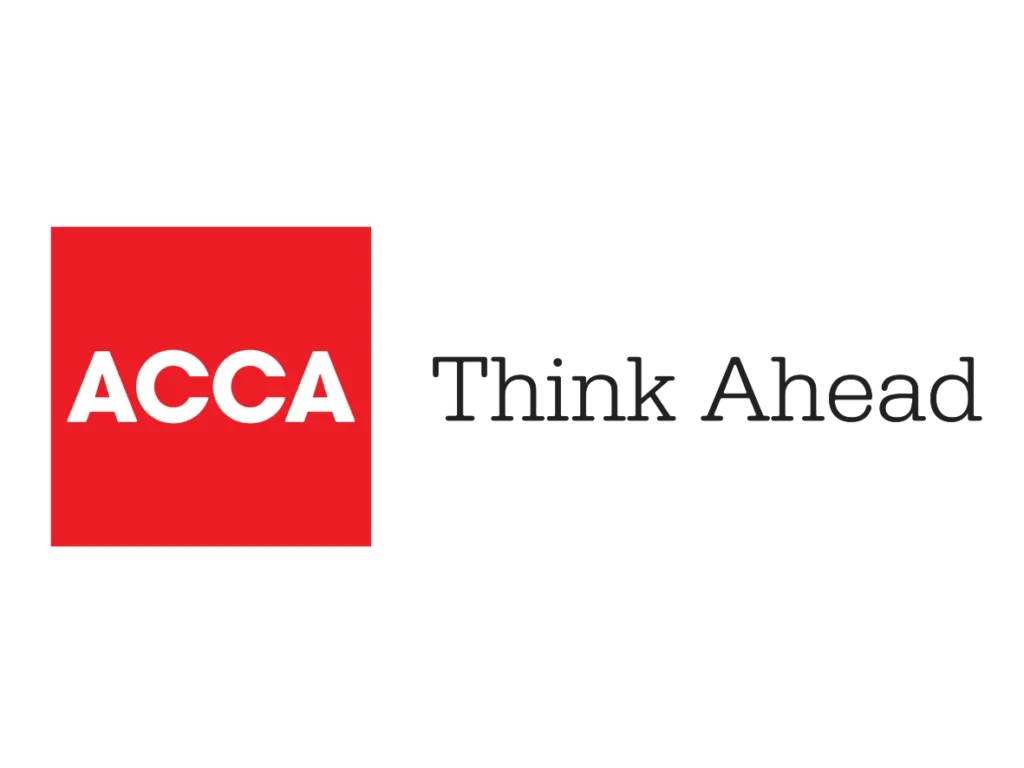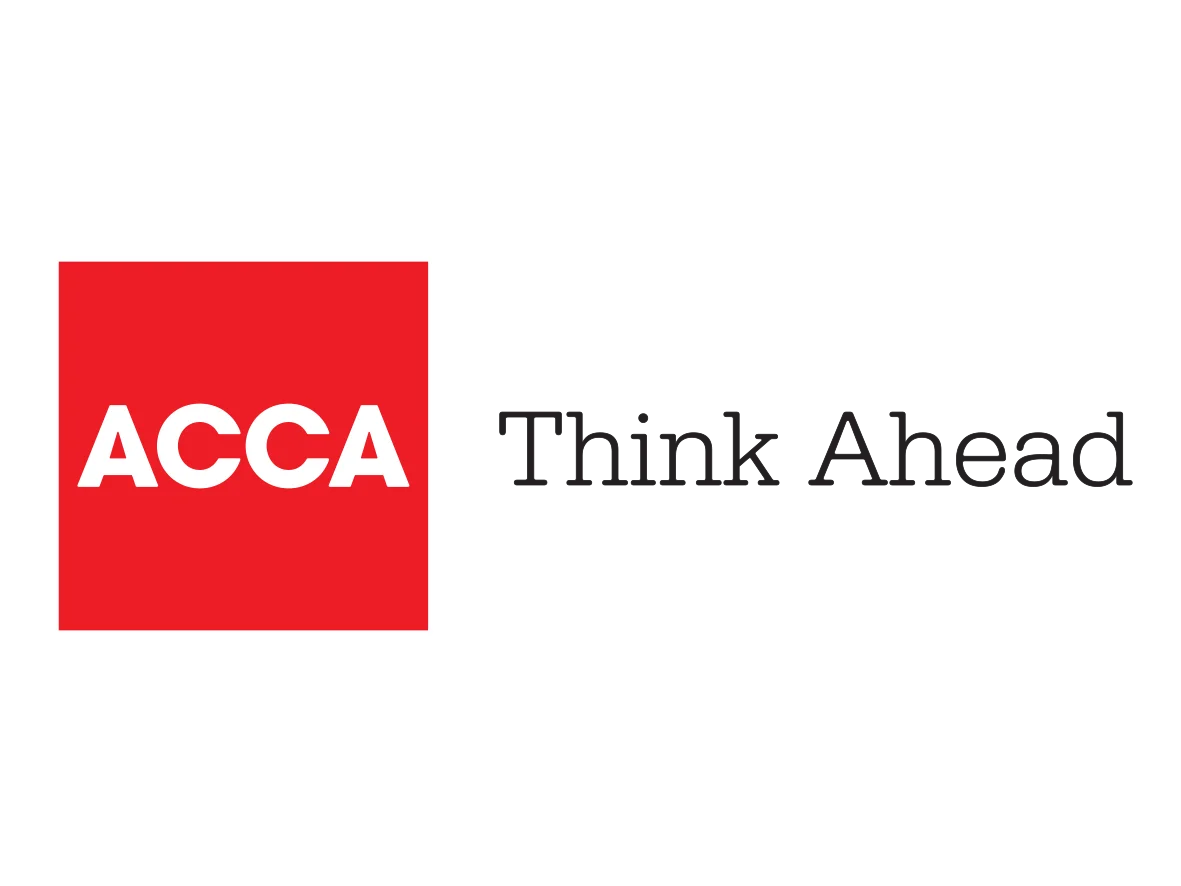Tax Planning for Business Owners in Portsmouth
Running a business comes with many responsibilities, and tax planning for business owners in Portsmouth is one of the most important. Without a proper plan, businesses risk paying too much tax, missing deadlines, or facing penalties from HMRC. Good tax planning ensures that businesses keep more of their hard-earned profits while staying fully compliant with tax laws.
For business owners, tax is often one of the biggest expenses. If not managed carefully, it can eat into cash flow and limit growth. Whether you operate as a sole trader, a partnership, or a limited company, understanding tax obligations is key. For example, corporation tax is currently set at 25% for profits over £250,000, while smaller businesses earning under £50,000 pay 19%. Knowing how to optimise your tax position can make a huge difference to your bottom line.
There are many ways to reduce tax liabilities legally. From claiming allowable business expenses to maximising reliefs such as Research & Development (R&D) tax credits, businesses can take advantage of various opportunities. Other strategies, such as efficient salary and dividend planning, can help reduce tax burdens for business owners.

Understanding Business Taxes in Portsmouth
Business owners in Portsmouth need to understand their responsibilities to avoid penalties and unnecessary costs. Tax obligations vary depending on the type of business and how it operates. Knowing the different types of taxes and how they apply to your business is the first step toward an effective planning strategy.
1. Corporation Tax
If your business is a limited company, you must pay corporation tax on profits. The rate is 25% for profits over £250,000 but 19% for profits under £50,000. Companies can reduce their corporation tax bill by deducting expenses, claiming capital allowances, and using tax reliefs such as Research & Development (R&D)
2. Self-Assessment Income Tax
Sole traders and partners must file a self-assessment tax return each year. Tax rates range from 20% to 45% depending on income. Many business owners overpay because they fail to claim allowable expenses such as travel, office costs, and professional fees. Keeping accurate records can significantly lower bills.
3. VAT (Value Added Tax)
Businesses with a turnover of £85,000 or more must register for VAT. There are different VAT schemes available:
- Standard VAT Scheme – Businesses charge VAT on sales and reclaim VAT on purchases.
- Flat Rate Scheme – A fixed percentage is paid, simplifying VAT processes.
- Cash Accounting Scheme – VAT is only paid when invoices are settled, helping with cash flow.
4. National Insurance Contributions (NICs)
Employers must pay NICs for their employees. Business owners who structure their income wisely can reduce NIC costs by balancing salary and dividend payments.
5. Capital Gains Tax (CGT)
If you sell business assets, you may need to pay CGT. The tax-free allowance has been reduced, meaning business owners need to plan sales carefully to minimise liabilities.
6. Business Rates
If you operate from commercial premises, you may have to pay business rates. Small Business Rate Relief may apply, reducing costs for qualifying businesses.
Understanding these taxes ensures Portsmouth businesses remain compliant while maximising tax efficiency. Keeping records up to date and working with professionals can help business owners avoid costly mistakes.
Tax Planning for Business Owners in Portsmouth: Smart Strategies to Save Money
When it comes to tax planning for business owners, having the right strategy in place can make a significant difference. By taking advantage of tax reliefs, allowances, and structuring income efficiently, businesses can legally reduce their bills while staying fully compliant with HMRC. Below are the most effective strategies for Portsmouth-based business owners looking to improve their tax position.
1. Maximise Allowances and Reliefs
A key part of tax planning for business owners in Portsmouth is making full use of available tax allowances:
- Annual Investment Allowance (AIA) – Businesses can deduct up to £1 million of qualifying purchases from taxable profits.
- Research & Development (R&D) tax credits – Innovative businesses can receive tax relief of up to 33% on qualifying costs.
- Super Deduction – Companies investing in new equipment can claim 130% capital allowances, cutting tax liabilities significantly.
2. Salary and Dividend Planning
For limited company owners, structuring income correctly is vital for efficient tax planning in Portsmouth.
- The personal allowance of £12,570 means earnings up to this amount are tax-free.
- Dividends are taxed at lower rates than salary, making them a tax-efficient way to take income from the business.
3. Pension Contributions for Business Owners
One of the best tax planning strategies in Portsmouth is contributing to a pension:
- Contributions up to £60,000 per year qualify for tax relief.
- Pension contributions made by a company are considered a deductible expense, reducing taxable profits.
4. Timing Income and Expenses
Businesses can optimise tax planning by carefully managing the timing of income and expenses.
- Bringing forward expenses before the tax year-end reduces taxable profits.
- Deferring income to the next tax year can keep a business within a lower tax bracket.
5. Claiming Business Expenses
Tax planning for business owners in Portsmouth should always include claiming allowable expenses such as:
- Office rent and utilities
- Business travel and vehicle costs
- Professional services and legal fees
By implementing these strategies, Portsmouth businesses can lower their burden while remaining fully compliant

VAT Planning and Compliance for Business Owners in Portsmouth
VAT is an important part of tax planning for business owners in Portsmouth, especially for those whose turnover exceeds the VAT threshold of £85,000. Managing VAT correctly ensures compliance while preventing unnecessary financial strain.
1. Choosing the Right VAT Scheme
One of the biggest decisions in VAT planning for business owners in Portsmouth is selecting the most suitable VAT scheme:
- Standard VAT Scheme – Businesses charge VAT on sales and reclaim VAT on purchases. This is suitable for businesses with high VAT costs.
- Flat Rate Scheme – A simplified VAT system where businesses pay a fixed percentage of turnover, rather than reclaiming VAT on purchases. This is useful for small businesses with fewer expenses.
- Cash Accounting Scheme – VAT is only paid when invoices are settled, which helps with cash flow and avoids paying VAT on unpaid invoices.
2. Reclaiming VAT on Business Expenses
Many Portsmouth businesses fail to reclaim VAT on expenses, missing out on potential savings. VAT can be reclaimed on:
- Office supplies, equipment, and IT software
- Business-related travel and fuel costs
- Professional services such as legal and accounting fees
Proper record-keeping is essential to ensure VAT claims are accurate and compliant with HMRC rules.
3. VAT Registration and Compliance
Businesses in Portsmouth must register for VAT if their taxable turnover exceeds £85,000. Late registration can result in penalties, so it is vital to monitor turnover regularly. In addition to registration, businesses must submit VAT returns on time to avoid fines.
4. International VAT Considerations
For businesses involved in international trade, VAT compliance becomes even more complex. Understanding EU VAT rules, import duties, and export VAT exemptions can prevent costly mistakes.
By staying on top of VAT obligations, business owners in Portsmouth can optimise tax efficiency while remaining compliant with HMRC. Working with an experienced tax advisor can ensure businesses select the best VAT scheme, reclaim expenses correctly, and avoid penalties.
Choosing the Right Business Structure for Tax Planning in Portsmouth
One of the most important aspects of tax planning for business owners in Portsmouth is selecting the right business structure. The way a business is set up affects tax obligations, liability, and financial efficiency.
1. Sole Trader
A sole trader is the simplest business structure but comes with personal liability. Sole traders must:
- Pay income tax on profits through Self-Assessment.
- Pay National Insurance Contributions (NICs).
- Maintain accurate records of business expenses to reduce tax liabilities.
Although it is easy to set up as a sole trader, this structure often results in higher personal tax bills compared to limited companies.
2. Limited Company
A limited company is a separate legal entity, offering better tax planning opportunities. Key benefits include:
- Corporation tax is fixed at 25% for profits over £250,000 and 19% for profits under £50,000.
- Business owners can pay themselves through a combination of salary and dividends, reducing income tax and NICs.
- Profits can be retained within the company to reinvest in business growth.
For many business owners in Portsmouth, setting up a limited company is a tax-efficient way to structure their business.
3. Partnerships and LLPs
A partnership allows two or more people to share ownership and profits. The tax responsibilities include:
- Each partner pays income tax on their share of profits.
- Partners are liable for the business’s debts.
- Limited Liability Partnerships (LLPs) provide liability protection while offering tax efficiency similar to sole traders.
4. Holding Companies
A holding company is a parent company that owns shares in other businesses. Benefits include:
- Protecting business assets from financial risks.
- Deferring tax by keeping profits within the group.
- Tax-efficient profit distribution among subsidiaries.
5. Group Company Structures
Businesses with multiple branches can form a group structure, allowing:
- Group relief, where losses from one company offset profits from another.
- Efficient tax planning, ensuring businesses make full use of tax allowances.
Choosing the right business structure is a vital part of tax planning for business owners. Consulting with a tax advisor ensures businesses take full advantage of tax-saving opportunities while staying compliant with HMRC.

FAQs: Tax Planning for Business Owners in Portsmouth
1. What is the most effective tax planning strategy for Portsmouth business owners?
The best approach depends on your business structure and income. Common strategies include maximising tax allowances, using pension contributions to reduce taxable income, and structuring earnings through salary and dividends for tax efficiency.
2. How can small businesses in Portsmouth reduce their tax liabilities?
Small businesses can claim business expenses, such as rent, travel, and equipment costs. Additionally, they should explore tax reliefs like Research & Development (R&D) tax credits and Small Business Rate Relief.
3. Do all businesses in Portsmouth need to register for VAT?
VAT registration is required if a business’s taxable turnover exceeds £85,000. Organisations under this threshold may still voluntarily register to reclaim VAT on expenses.
4. Should I set up a limited company for better tax efficiency?
A limited company can offer tax advantages, including lower corporation rates and dividend payments that reduce NICs. However, you should seek professional advice before making this decision.
5. How can I avoid penalties for late tax payments?
Ensuring accurate financial records, meeting HMRC deadlines, and working with a tax professional can help avoid fines and unexpected bills.
For tailored advice on tax planning for business owners in Portsmouth, working with a specialist like Henry Thomas Advisory can help maximise savings while ensuring full compliance.



